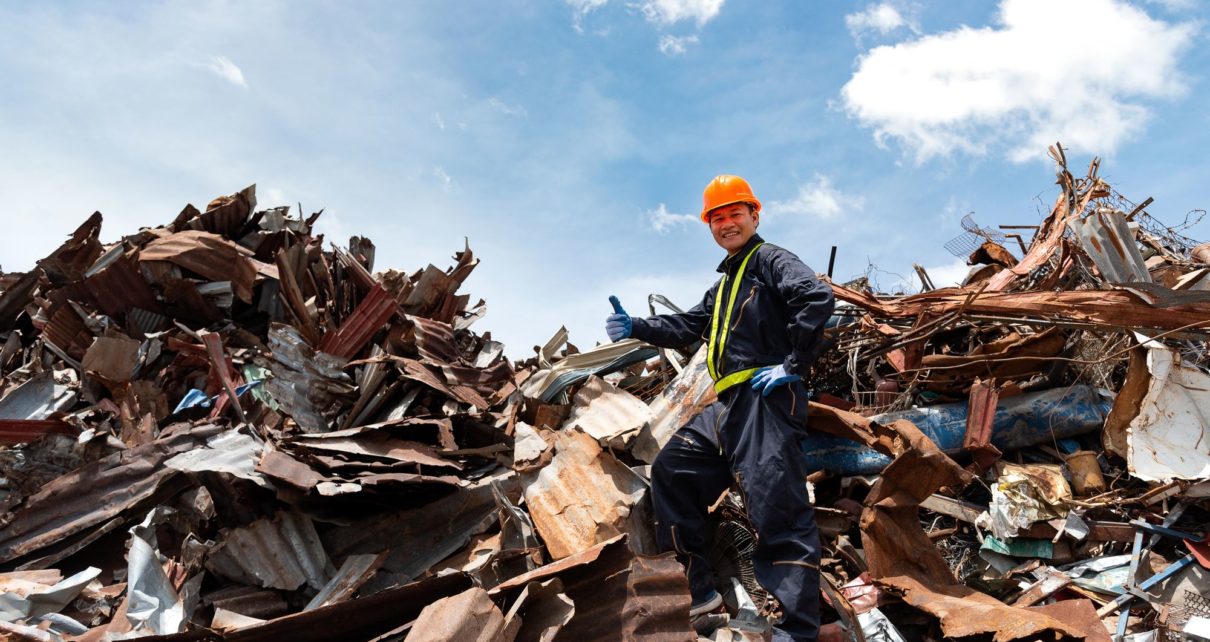Setting up a scrap recycling company like scrap metal refining refinery can be a very lucrative business. Metal scrap was one of the first products to have an economically viable recycling market. Even today, many entrepreneurs are thinking about setting up a scrap recycling company, which indicates that this market is not even close to saturating. This article will give you tips for those who are thinking about opening a company in the scrap recycling business.
1 – Focus On A Specific Market To Get Started
There are two ways to get into the scrap recycling business. The first is acting as a merchant scrap dealer; this is the company that buys waste from generators and sells it to recycling industries in larger volumes.
The second way is as a scrap recycler; in this category, the new company transforms scrap into another product, adding value. It is not interesting to start operating in different markets, as this will require many resources and require knowledge that the company does not yet have. The best way to start a scrap recycling business is to focus on some specific market, at least initially. The biggest markets are metals, plastics, rubbers, papers, and wood.
2 – Close At Least One Supply Contract
This tip is valid for companies in the recycling industry and any business that works with continuous flows of acquisition/supply of goods. Having at least a sales contract or a sales permit before opening the doors is ideal for such companies. Once the scrap recycling company has been opened, staff costs, rents, fees, energy, financing, etc. At least one of the company’s ongoing sources of revenue must be active.
Therefore, research the industries that buy the scrap you want and see what their requirements are to accept the material’s supply.
3 – Check The Legal Issues Before Starting To Operate
Especially in Brazil, regulatory issues are major obstacles for companies. There is a tangle of bureaucracy at the federal, state, and municipal levels, in addition to specific regulations within a given sector. Therefore, before starting to operate, see what the legal requirements made to the type of activity you intend to carry out are
4 – Use Specific Management Tools
One of the items that the PNRS introduced was the traceability of waste so that it is possible to know its path from generation to the final disposal. Today, most customers require this type of feature. Therefore, using specific tools in the waste area is essential to adapt to the market. The software works in the cloud and provides all the management apparatus necessary for the operation of a recycling company. In addition to routine documents such as emergency forms, transport manifests, and proof of destination, the tool generates administrative reports and tracks 100% of the waste handled.





